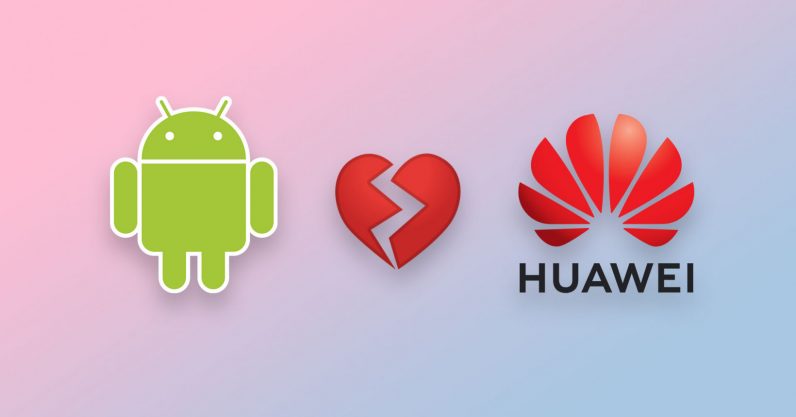According to StatCounter, Huawei has a market share of around 2 percent in Nigeria (it has a 10 percent+ market share in entire Africa, though). This means that the recent developments of the US-China trade war are unlikely to affect a large number of smartphone users here. The fact that Google quickly responded by suspending Huawei’s license to use its services – the Play Store, Google Maps, Google Drive, Gmail, and YouTube, among others – turns this into a worrisome piece of news. After all, pretty much every Android phone relies on these to download apps, handle email, video streaming, and similar services – without them, smartphones would not become useless but would force their users to re-learn their usage with a series of unfamiliar solutions.
| For those of you out of the loop, here’s a quick update: late last week, US president Donald Trump declared a national emergency on cybersecurity, effectively banning Huawei and its affiliates from doing business in the country. As a result, several US-based companies like Intel and Qualcomm, and most importantly Google have announced that they will cut ties with the Shenzen-based smartphone manufacturer. Those of you using Huawei smartphones be advised that this won’t affect your searches, video downloads |
Huawei has been prepared for a similar situation as it has been the subject of criticism for years – the US has been accusing it of espionage for years, and it has a shaky position in many major European and Asian markets as well. It does very well in China, the world’s biggest smartphone market, and it does great in India, too. In 2012, a House Intelligence Committee has called the company a “national security threat”, banning its phones from entering the US market, and this negative sentiment is being perpetuated ever since, with the US even trying to convince the rest of the world to see the Shenzen-based smartphone maker as evil incarnate. (On a side note, no evidence of this suspected espionage has ever been made public).
China’s biggest smartphone manufacturer has alternatives to many of Google’s services: it has its own app marketplace, mobile cloud storage service – and it has reportedly started developing its own mobile OS quite some time ago.
| What will be interesting to see is China’s response to this measure. The Chinese government has |



